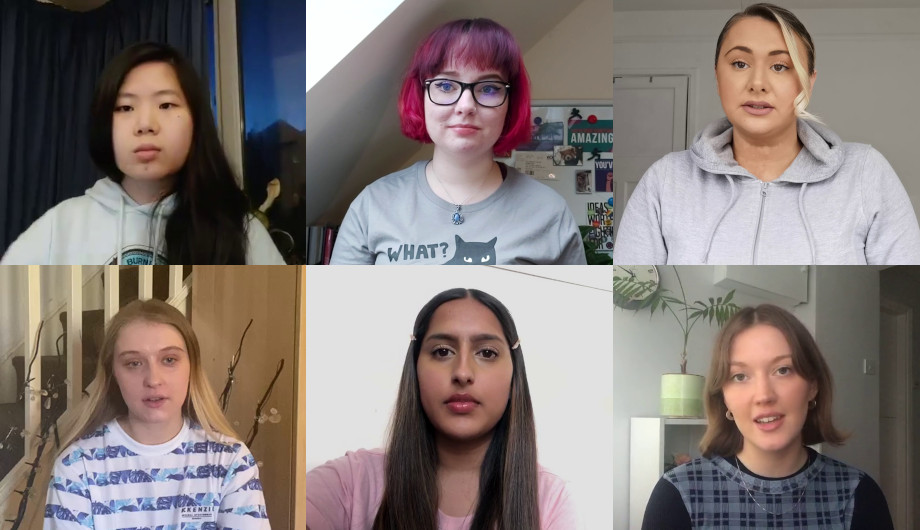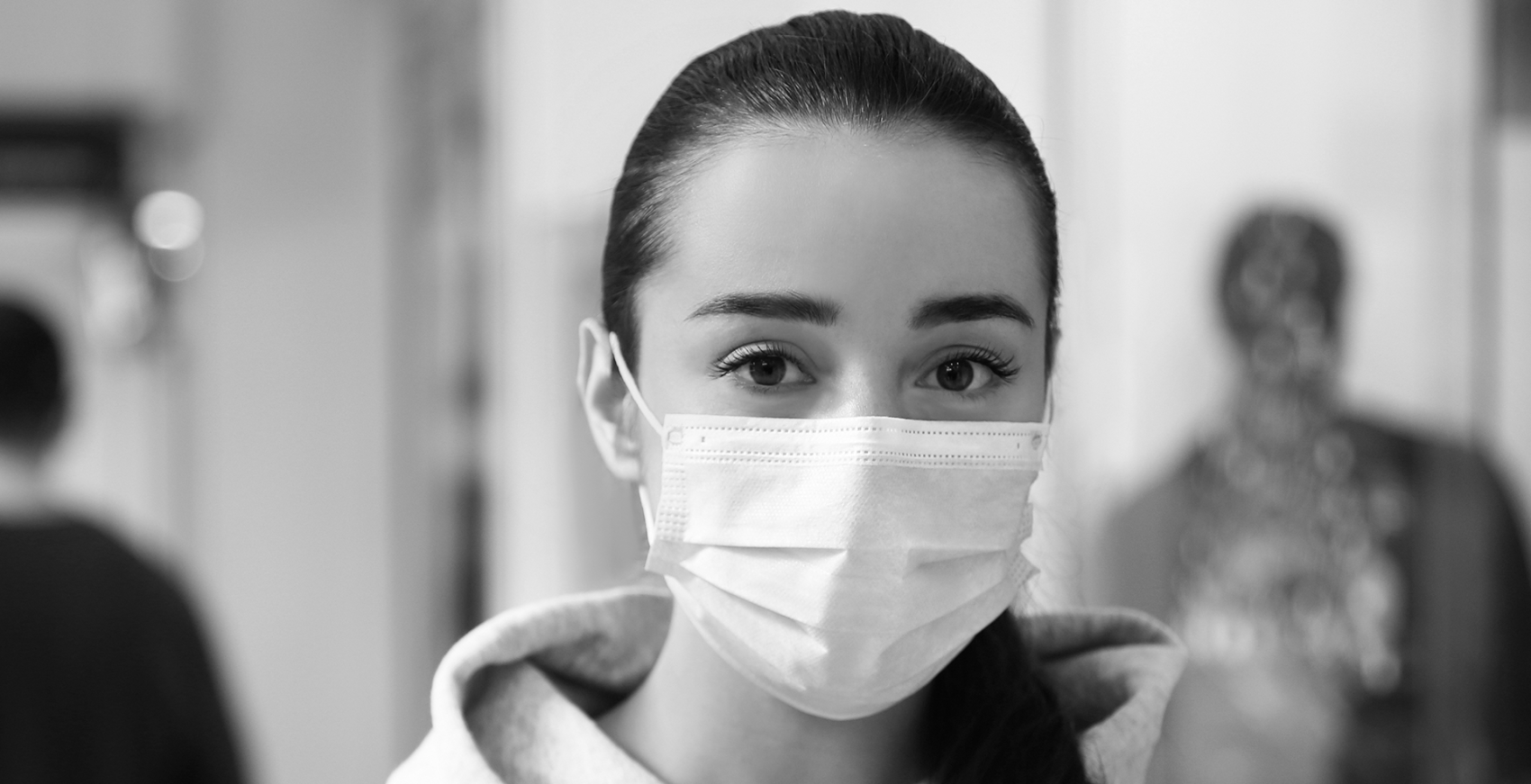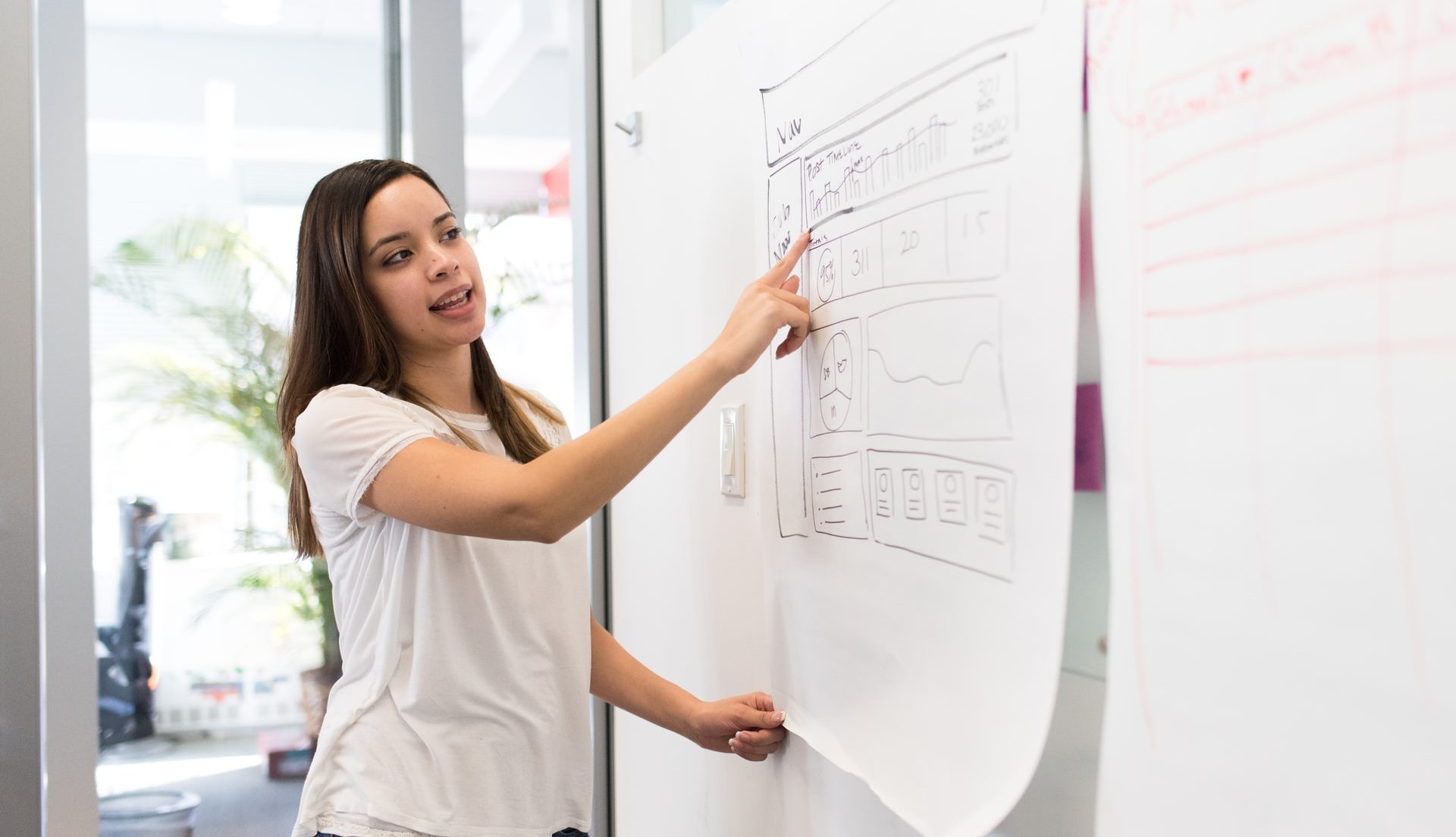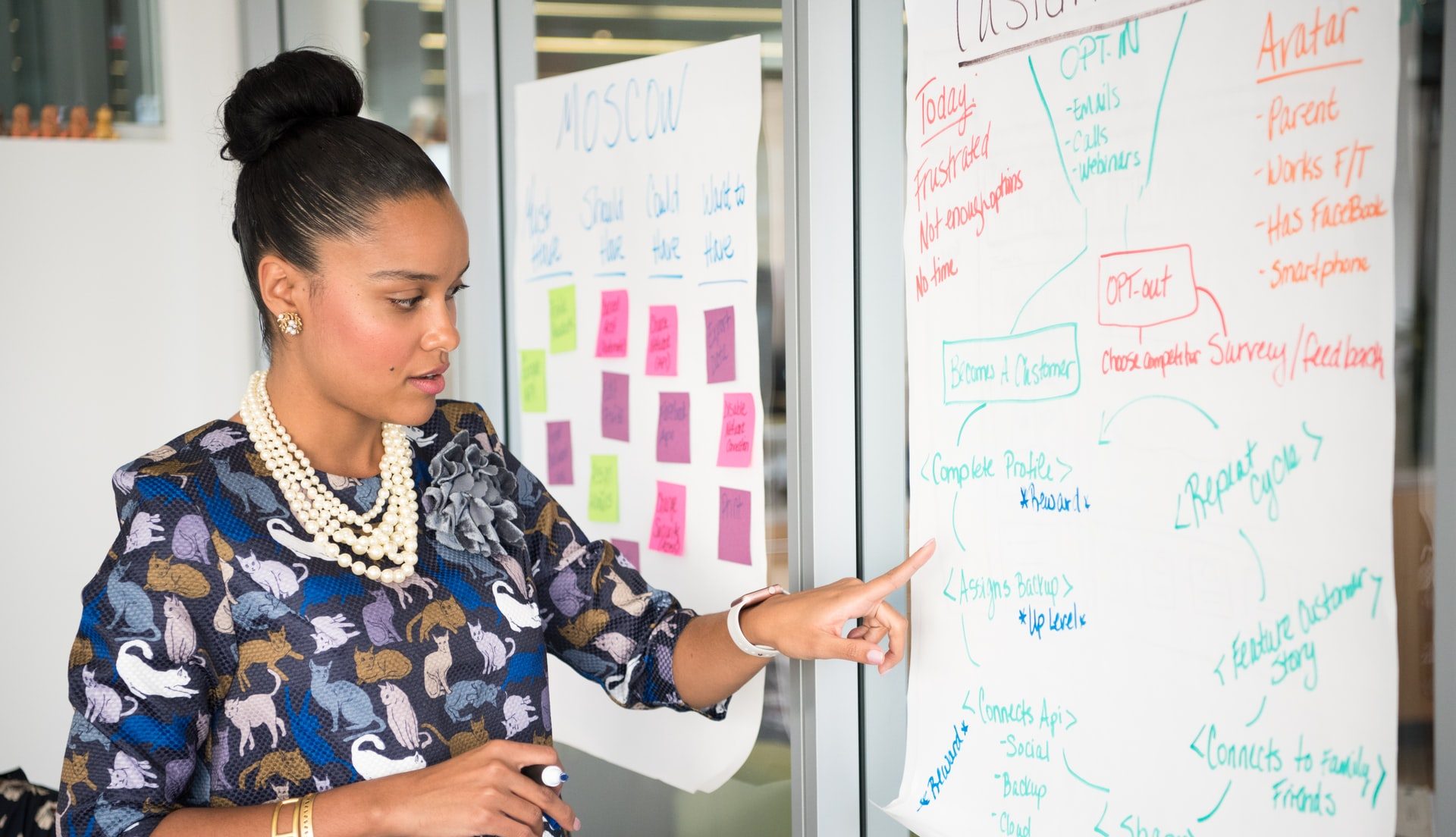
The voices behind the statistics
Meet our Research Centre Associates. In a series of videos, they talk about the economic injustice young women face.
There is limited official data available on young women. The government continues to make decisions and new policies without considering the needs of young women from different backgrounds and communities.
Our research team reviewed the data available to the public relevant to young women’s economic justice. The data we do have shows the economic inequality that young women face in the UK.
The official Annual Survey of Hours and Earnings (ASHE) is one of the only datasets to include a breakdown for young women. It shows every year that the gender gap in earnings starts at the beginning of young women’s careers.
In 2020, women aged 18 to 21 earned 31% less than young men of the same age. Women aged 22 to 29 earned 19% less than men of the same age.
Young women are more likely to be classed as ‘economically inactive’ than young men. This is means they have been unable to start work immediately. This is often due to caring responsibilities, health issues or a lack of available opportunities.
Our research estimated a value to the economy of young women’s unpaid work of at least £140 billion. They are far from being economically ‘inactive’.
Official unemployment data shows that
Our research has shown that the economic and wider impact of coronavirus on young women is not being measured enough in official data.
Research from Women’s Budget Group found there is a ‘gender furlough gap’. Meaning women were more likely to be furloughed than men. This difference is more pronounced for young women.

Young Women’s Missing Data and Voices highlights the gaps in official data on young women and finds out what they have to say on these topics.
Read the report
Meet our Research Centre Associates. In a series of videos, they talk about the economic injustice young women face.

Peer research is research that is led and carried out by people with lived experience of the topic being studied.

Read more about how young women are leading research on economic injustice.

Explore our library of research which highlights the barriers that young women face.